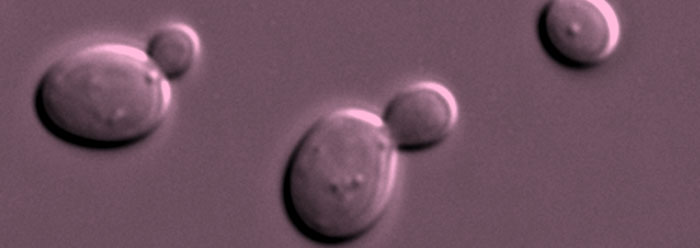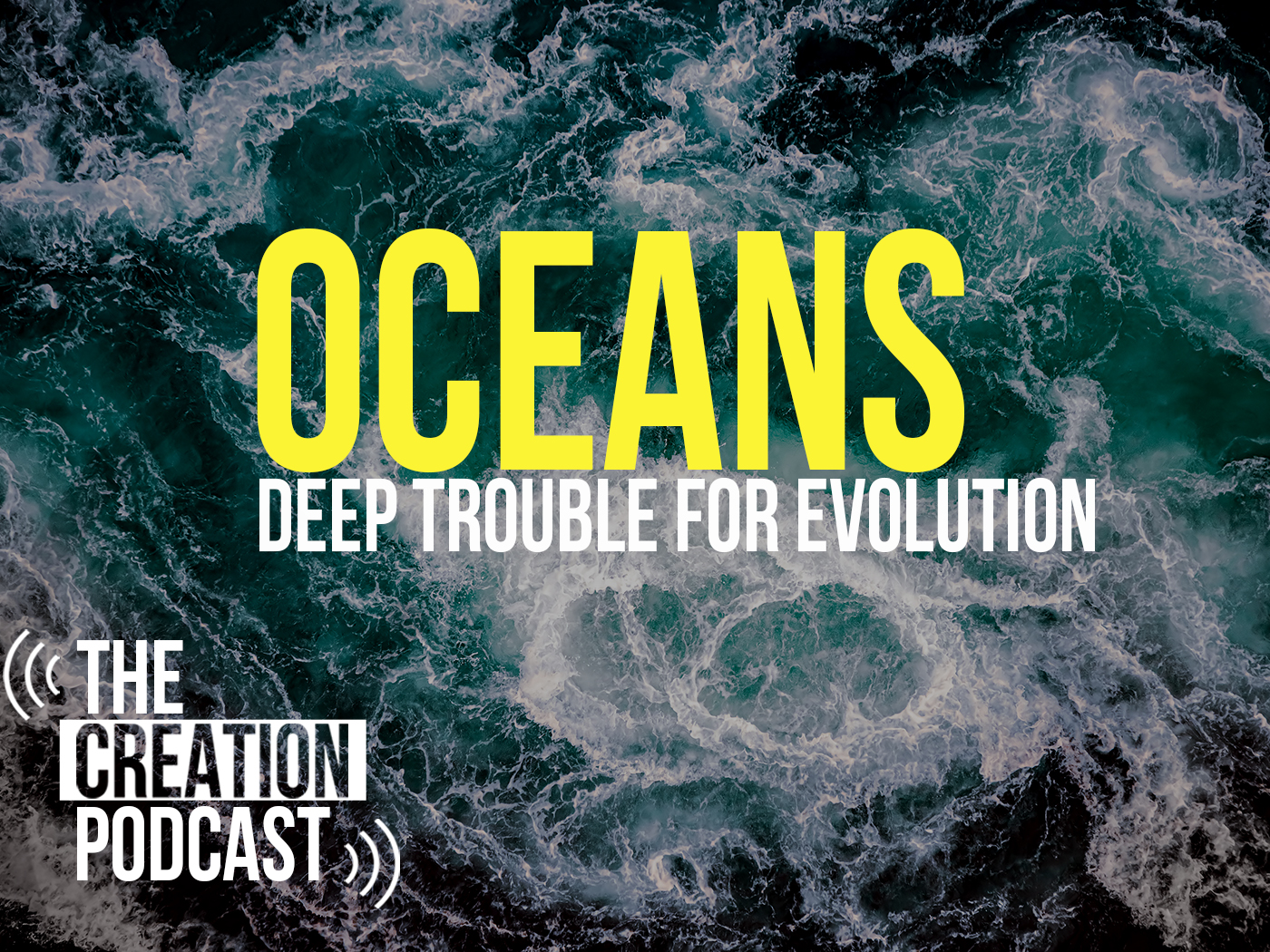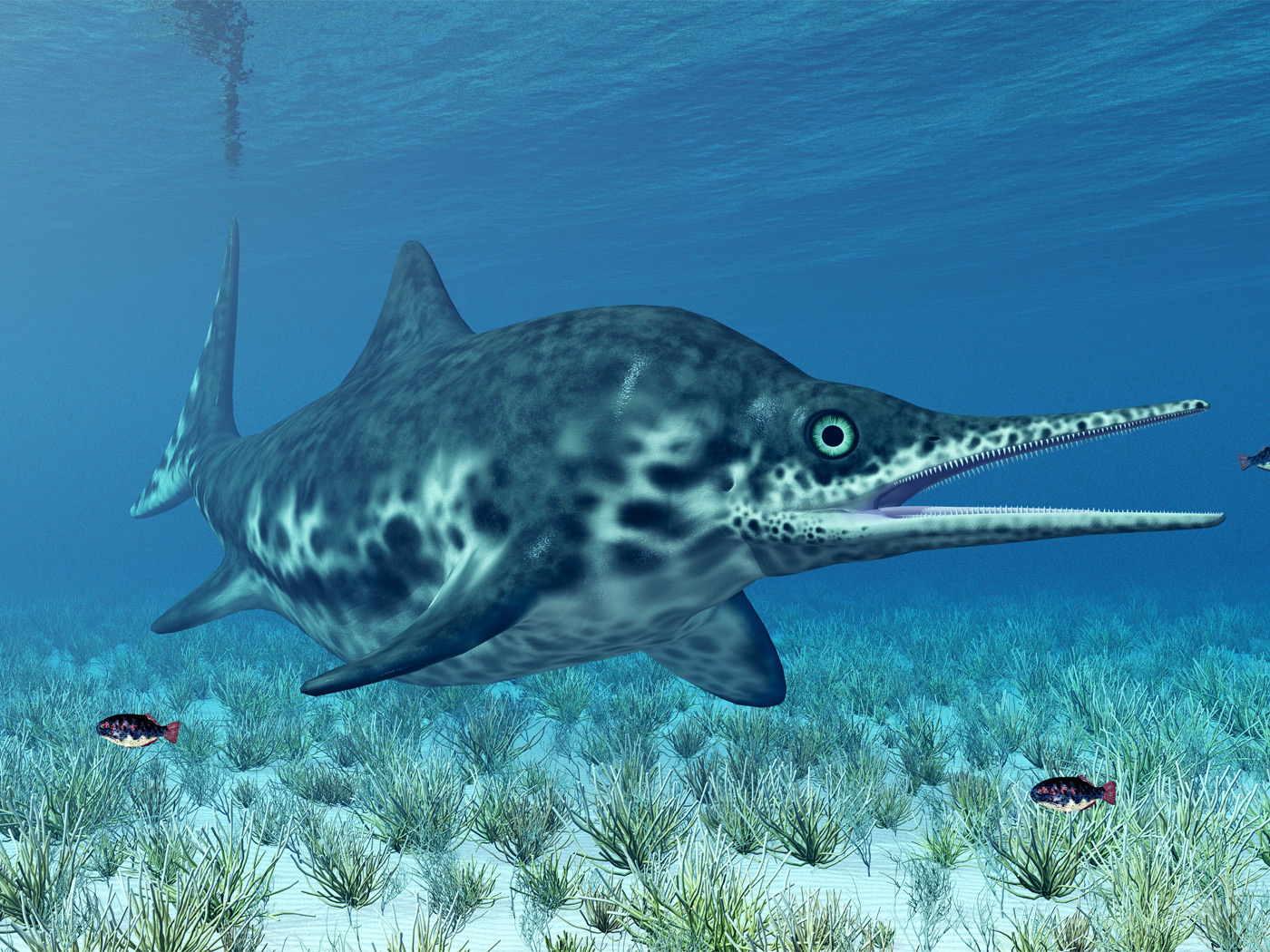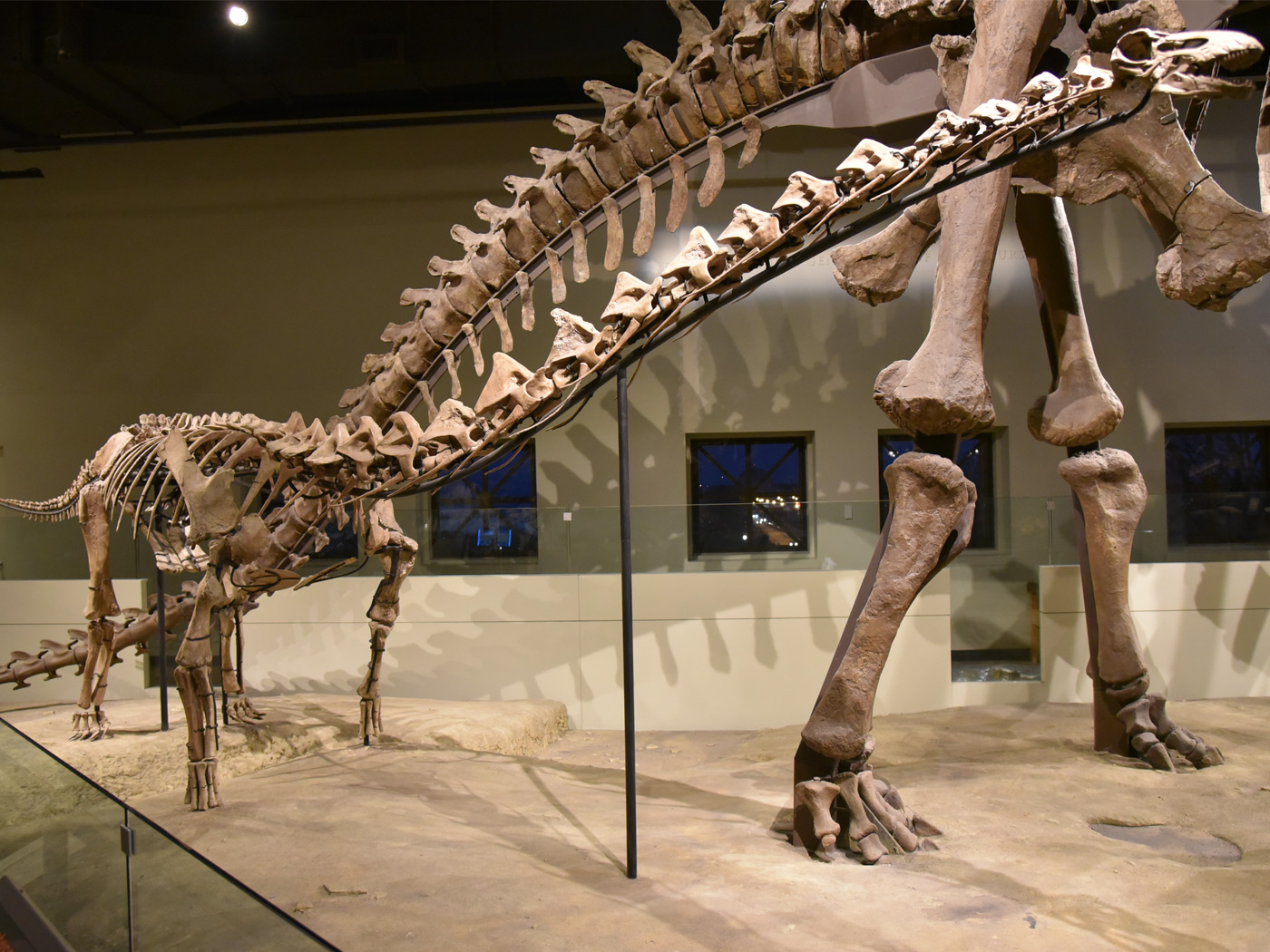Researchers recently studied yeast populations to test the concept of "evolutionary rescue," which is the supposed ability of organisms to "adapt rapidly through evolution" in response to environmental stress.1 A study of the changes in the single-cell creatures clearly showed that the yeast adapted. But the adaptations looked more like the product of the organisms' own designed capabilities.
Researchers at McGill University in Montreal tracked changes in 2,000 generations of yeast, a common single-cell organism. Along the way, they added an environmental stressor in the form of salt. If evolution works the way that neo-Darwinism has proposed, then accidental mutations in some yeast individuals should lead to new molecules that help the organism cope with a saltier environment…as long as the environment doesn't change too fast for the mutations to keep pace.
A McGill University press release stated that the yeast adaptations "can happen surprisingly fast, with 50-100 generations."1 The scientists also found that if one population of yeast was allowed contact with another that was already salt-tolerant, then the chances of the offspring quickly and successfully adapting increased.
But what kinds of apparatuses are required to regulate salt in a cell? Man-made machines that measure salinity are much larger than the elegant and miniaturized system that lowly yeast possess. And yeast are equipped with mechanisms that constantly manage their internal salt levels. Without a salt-excreting mechanism already in place, single-cell creatures like yeast…which do not have the benefit of layers of protective cells…would have taken on lethal doses of salt without even detecting the situation, let alone mitigating it.
And hand-in-hand with regulating salt concentration are cellular apparatuses that detect and manage water levels. If their environment is too salty, the cells will die from dehydration. In short, yeast cells have a tolerance range for salinity that is made possible by ingenious biochemistry. And that range can be adjusted until it exceeds the potential for the machinery to handle, since pumping out salt can cost too much energy.
Separate from the very presence of these ingenious machines is the question of how they could be tweaked, enhanced, or scaled up and down. Is there a larger, heritable system that can regulate the actual salt regulatory systems? Yeast can adapt to a saltier environment over the course of several dozen generations, but the detailed mechanism of how that occurs has not been answered. However, its rapid speed provides a strong clue.
Yeast adapted too fast to fit the idea that random mutations are responsible, since mutations accumulate very slowly. This quickness to adapt therefore argues in favor of the idea that yeast were already equipped with adaptive systems.
Further, an insistence that these yeast adapted this efficiently by means of mutations invites other conundrums. If these observed adaptations are called "evolution," and if they happen in as few as 50 to 100 generations, then why have yeast not continued to evolve and become totally different creatures by now?
With their accelerated "evolutionary" pace of adaptation, why have they been evolutionarily stagnant for uncounted trillions of generations? Since the earliest recorded times, mankind has been using the same yeast to make bread and beer, and in the last half-century, scientists have been studying yeast in laboratories ad infinitum. Yet none of the organisms has evolved beyond yeast.
This is because nothing ever evolved into yeast, and yeast themselves have not been evolving. Rather, they were specially created with an ability to rapidly adapt to, and survive in, a variety of conditions.
References
- Evolution to the Rescue. McGill University news release, June 22, 2011, reporting on research published in Bell, G. and A. Gonzalez. 2011. Adaptation and Evolutionary Rescue in Metapopulations Experiencing Environmental Deterioration. Science. 332 (6035): 1327-1330.
* Mr. Thomas is Science Writer at the Institute for Creation Research.
Article posted on July 11, 2011.
























